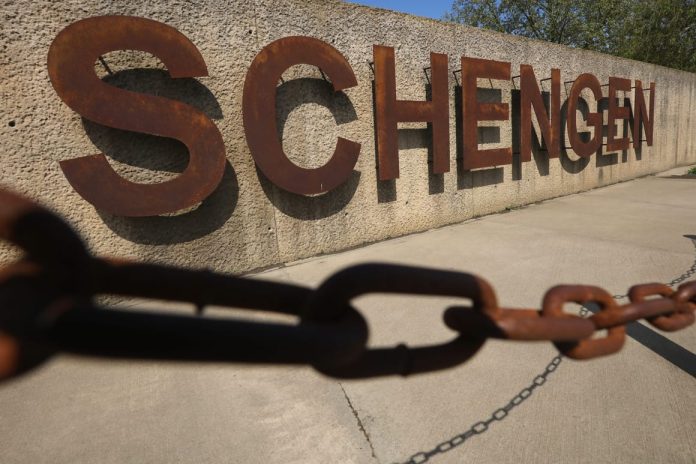A recent interview with GERB MEP Andrey Novakov centred on Bulgaria’s trajectory towards Schengen and eurozone membership.
Novakov admitted that Bulgaria has fulfilled the Schengen criteria when talking about joining the eurozone, however, he emphasised the need to bring inflation down to 2%, which is a prerequisite for participation in the eurozone. He expects that fighting inflation will be the most important task for the new government.
Andrey Novakov said that accession to the land-based Schengen zone is possible in 2025, when Austria forms a new government. He said Bulgaria is determined to join Schengen and sees the potential to overcome the difficulties of joining the eurozone at the same time.
The MP responded to criticism from the opposition, calling concerns about queues at the border temporary and assuring that they would soon disappear. He called the delays a consequence of the upcoming elections in Austria, where nationalist rhetoric is being used for political gain. Novakov argued that Bulgaria’s commitments to the EU, especially with regard to the Dublin Refugee Agreement, remain unchanged.
Regarding the use of EU funds, Novakov admitted that Bulgaria risks losing funds due to delays in the implementation of the Public Administration Reform Programme (PVU). He explained that although the PVU was ready in 2020, disbursements did not start until 2023, leaving a tight deadline until the end of 2026. Novakov expressed concern over the possible loss of funds, but noted that achieving a disbursement rate of more than 80 per cent was still a high level.
